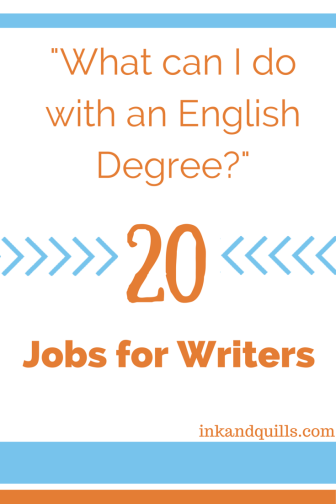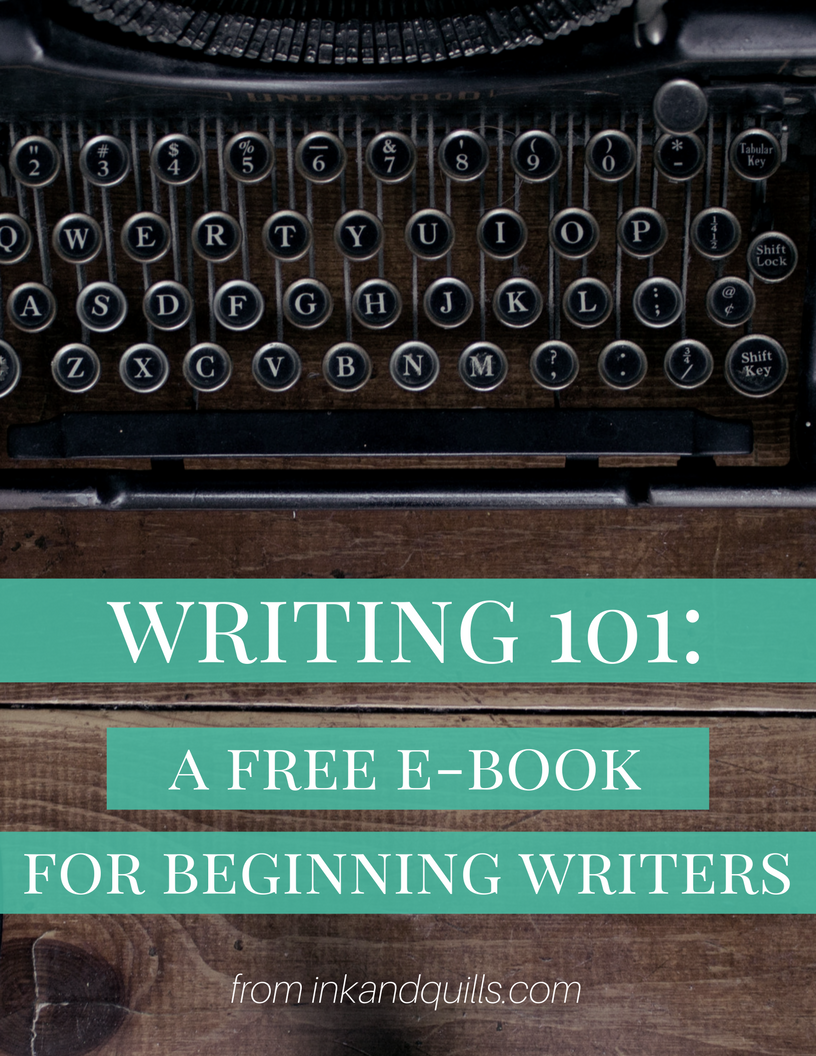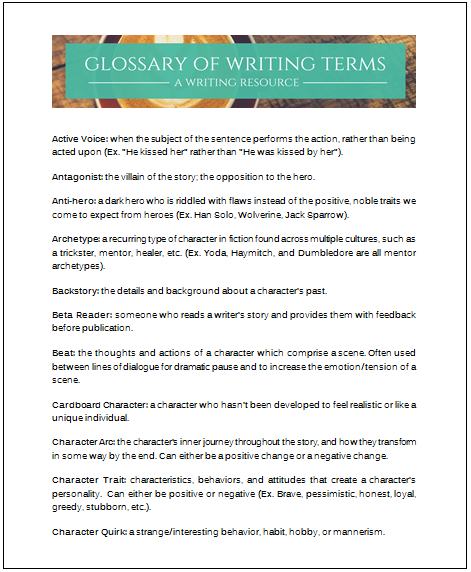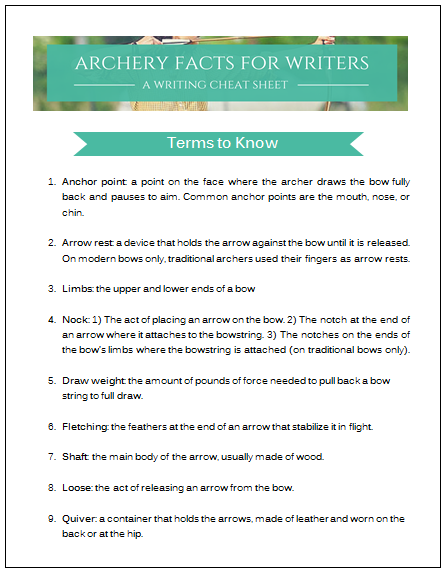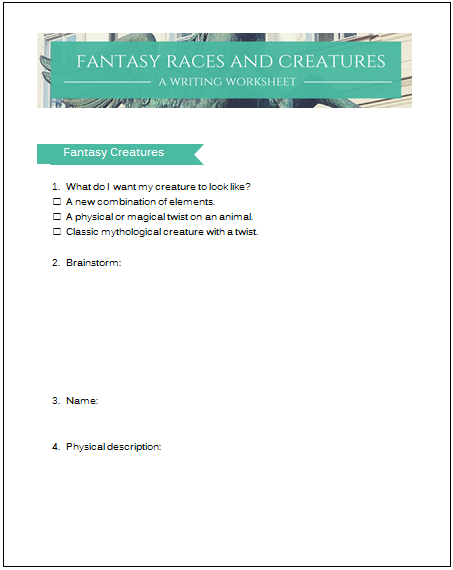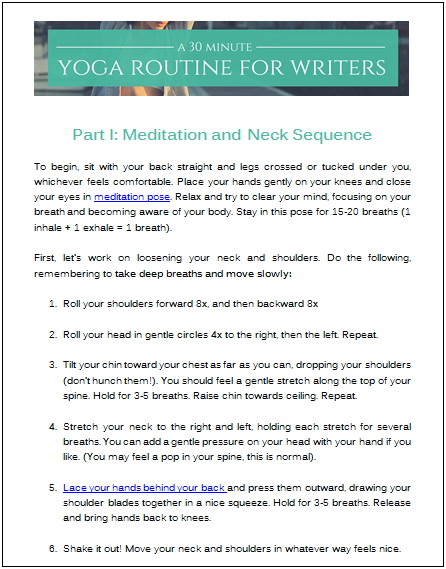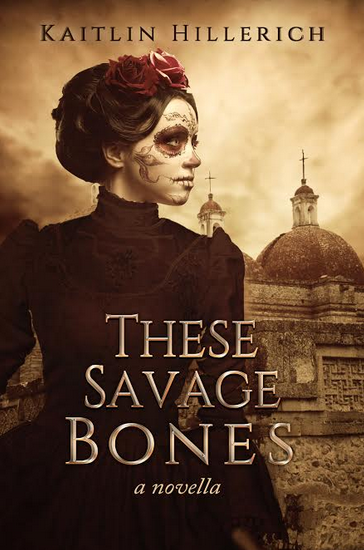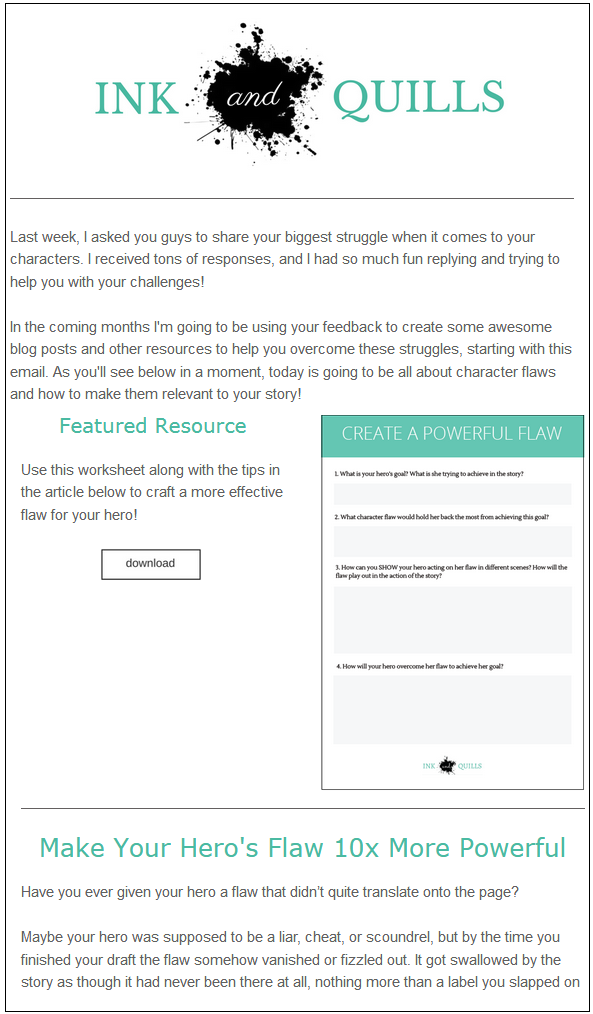 Writing a novel is a solitary task, and we writers tend to be introverted creatures who enjoy the seclusion and silence of our favorite activity. But sometimes, even introverts get lonely. It’s part of human nature; it’s our instinct to seek out the company of other human beings. It’s not good for us to be alone.
Writing a novel is a solitary task, and we writers tend to be introverted creatures who enjoy the seclusion and silence of our favorite activity. But sometimes, even introverts get lonely. It’s part of human nature; it’s our instinct to seek out the company of other human beings. It’s not good for us to be alone.
When I first started writing I didn’t know any other writers. My friends and family, though they supported me, didn’t understand my fascination with building plots or my enthusiasm for my characters. They didn’t understand the frustrations of plot holes and the misery of feeling as though my writing wasn’t any good. They didn’t understand why I would rather spend my evenings writing than going out to social events.
They just weren’t like me; I was a penguin among flamingos, waddling around awkwardly and feeling very out of place.
Though I loved writing, my flock of one was very lonely. I felt as though I was the only one who had experienced the excitement of writing a first novel, along with all of its fears and struggles. For years, I shuffled along this way on my own.
That is, until last year, when I entered the world of blogging and started Ink and Quills. It wasn’t until then that I discovered a community of fellow bloggers and writers—people who understood writing, understood me, were like me. An entire flock of beautiful, awkward, introverted penguins.
For the first time since I had started writing at the age of fourteen, I felt as though I had found a community where I belonged. And let me tell you, friends, it has changed my writing life! Just because the act of writing itself requires solitude doesn’t mean you should navigate your novel journey solo. No sir! This introvert will be the first to tell you—writing is so much better with community!
Benefits of a Writing Community
So why do you need a writing community? Meeting and befriending other writers online has been one of the best things to happen to me as a writer, and I wouldn’t trade these newfound friendships for anything. I’ve also been able to connect with writers from all over the world, which is pretty darn cool. But allow me to share some the benefits of building a writing tribe of your own.
1. Support and Encouragement
Writing is hard. Not just hard work, but hard emotionally and mentally. We’re plagued with all kinds of doubts, fears, and insecurities. Having writing friends I can express these concerns to—friends who have also experienced what I’m feeling and understand what I’m going through—makes a world of difference. Their kind words and encouragement help me pick myself back up again when I’m feeling down and keep writing.
2. Friendship
Having writing friends is just so. Much. Fun!
I finally have people I can nerd out with over how to construct perfect plots and characters and share my passion for story. It’s so nice to talk to people I have things in common with, and who can laugh at writing jokes and understand writer pet peeves (Such as being asked “What are you going to do with that Creative Writing degree?” Or “What’s your story about?” Or my person favorite, “How long is your story?”).
There’s nothing like being able to confide in, complain to, and converse with a fellow writer who just gets you.
3. Feedback
One of the best parts about having writing friends is having people who can give you constructive criticism about your novel (Because let’s face it, as much as your mom loved it, she doesn’t understand how to construct a story like a writer).
I was nervous when I asked my writing friends to beta read my current novel, as I had never let anyone outside of close friends and family read my work before. But it was one of the best experiences I’ve ever had as a writer, and the feedback I received was invaluable!
4. Advice
Whether you’re uncertain if you should pursue traditional or self-publishing, or debating which direction you should take your plot, it’s great to have other writers to turn to for advice. Having writing friends who are more experienced, or who have experience in areas you don’t, is especially helpful since you can ask them for their expertise. Being able to turn to a friend for help is a great comfort to a writer!
How to Build a Writing Community
So where can you find fellow writers? Personally, I met all of my friends on Twitter. I had no idea what I was doing when I first joined Twitter or how to make friends, so I just started talking to people who seemed friendly, and who I was interested in getting to know. Some people chatted for a while only to vanish back into the Twitterverse, and that was that. Others I really hit it off with, and we continued to talk and haven’t stopped since!
It might feel awkward at first, but I’ve found that most people are friendly and enjoy talking about writing and meeting new people. You just have to be brave and take that leap to put yourself out there, which I know can be so hard for us introverts. But I promise you, the friendships you will gain are so worth stepping outside of your comfort zone!
Here are some ideas for places to meet other writers.
1. Local Writing Events
Is there anything writing-related going on near you like workshops, festivals, or conferences? What about any local meet-ups or critique groups? A quick Google search should help you uncover opportunities to meet writers in person in your area.
2. Twitter Chats
If you’re a little shy about chatting up random writers on Twitter, you could try participating in writing-related Twitter chats. That way, you can “meet” writers during the chat and then connect with them afterward if you like. A couple of chats I recommended (which are hosted by some of my own friends) are #StorySocial and #StoryCrafter, though there are many others out there!
3. NaNoWriMo
If you’ve never heard of it before NaNoWriMo (or National Novel Writing Month), is an annual “contest” held every November where participants try to write a 50,000 word novel in 30 days. There’s also Camp NaNoWriMo, which is held in April and July, and allows participants to work on a project of any length.
You can connect with participants on Twitter with the hashtags #NaNoWriMo and #CampNaNoWriMo, and the websites for both contests offer forums and groups where writers can connect as well.
4. Writing Community Sites
Finally, there are lots of websites out there especially for writers where you can chat in forums, join groups, share your writing, and receive feedback. Sometimes these websites even run writing contests (One of which I’ve entered in the past, and won a signed copy of Sarah J. Mass’ Heir of Fire. Mass also got her start writing fiction on similar community sites. So they can be very worthwhile!).
Here are a few to check out: Wattpad, Penana, Figment, Story Bird, Booksie, and Story Wars.
I am so grateful for all of the amazing friends I’ve made online. My writing life feels so much more full because of them, and when I look back to the lonely beginnings of my novel journey I wonder how I survived so long without them. If you only ever follow one piece of writing advice, I ask you to make it this: Find a community, and journey with them as you write your novel.
Do you have a writing community? Have you ever felt like a penguin among flamingos? Let me know in the comments below!






